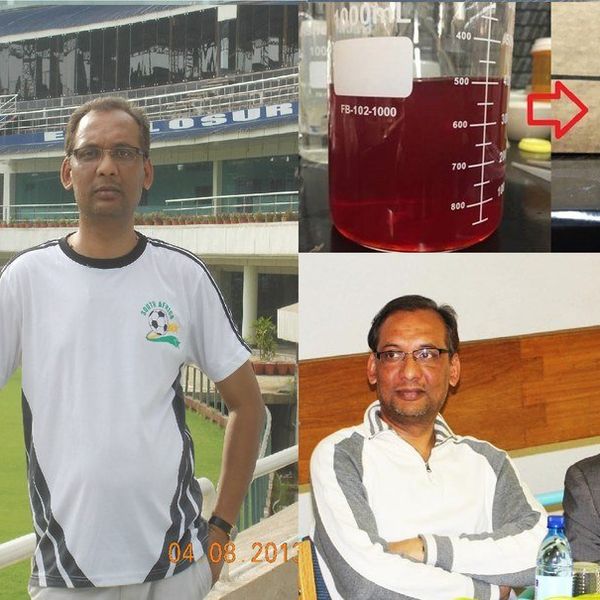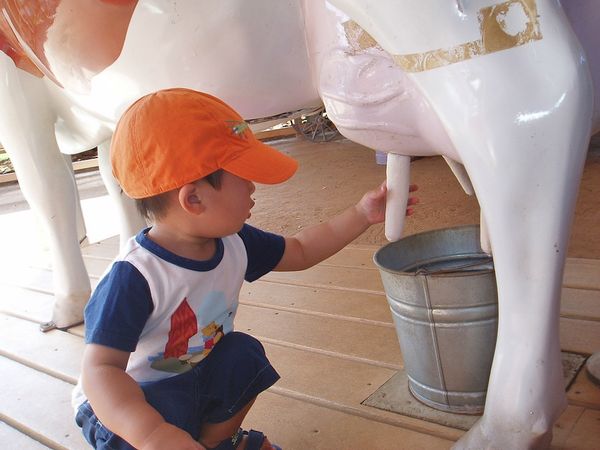I first realized I was mortal at 13 years old.
Of course, I had always known about death. I had attended several funerals of relatives, of distant family friends and elderly members of the church we attended. I understood death was inevitable and a natural part of life, but I suppose the picture of death which these funerals of older people had painted for me was that death arrived with old age, alongside graying locks and wrinkles by the mouth.
However, one sunny day in March 2012, my best friend at the time texted me when I arrived home from school, shaken and upset from what had transpired that afternoon. A friend of hers, a twelve-year-old girl, passed out in her physical education class and died. I could not wrap my mind around her death. She was twelve years old, with her entire life ahead of her, and then suddenly gone.
It was at that moment I first understood the difference between the inevitability of death and the importance of life. It was at that moment, when death arrived unexpectedly for someone my own age, that I first thought, “Woah, that could have been me.”
This past weekend at my university, unanticipated death, again, tragically struck a young life. I was alone in my dorm room watching Netflix when I received a campus alert around 1:00 A.M. warning everyone that an armed and dangerous person was reported at The Barn, a recreational space on Wake Forest’s campus commonly used on the weekends for parties.
Within the next hour, as I met with many of my friends, our phones began buzzing constantly with updates and alerts relaying the shooting that had occurred.
During the party, a young football player from Winston-Salem State University named Najee Ali Baker was shot and immediately transported to the hospital. Everyone on campus was warned to stay inside, as the shooter had not yet been identified.
A message stating that police did not believe the shooter was still on campus was the final one we students received before we crawled into our beds into the early hours of Saturday morning. I, alongside thousands of other students, awoke several hours later to check my email, sadly reading a message from Wake Forest's President Hatch that Najee had lost his life.
Though I was not near the party that night, I immediately felt again that sensation that the victim could have been me or one of my friends who did happen to be at The Barn that night. Saying “no one is guaranteed tomorrow” seems trite, but think about it. You may not wake up tomorrow morning.
It is all too easy to go about your day, speaking negatively over people and over yourself, not once pondering whether or not this is the last time you spend with those to whom you are closest—whether or not this is the last chance you have to change what you want to change or say the words you want to say.
As I continue to pray for those whom this tragedy has impacted, I encourage us to allow such tragic loss of life to be a wake-up call. Let us all remember our mortality. We do not have forever to make a difference. How we spend every moment of every day dictates the course of the lives we live, and life itself is such a precious gift. Let us not waste it.



















